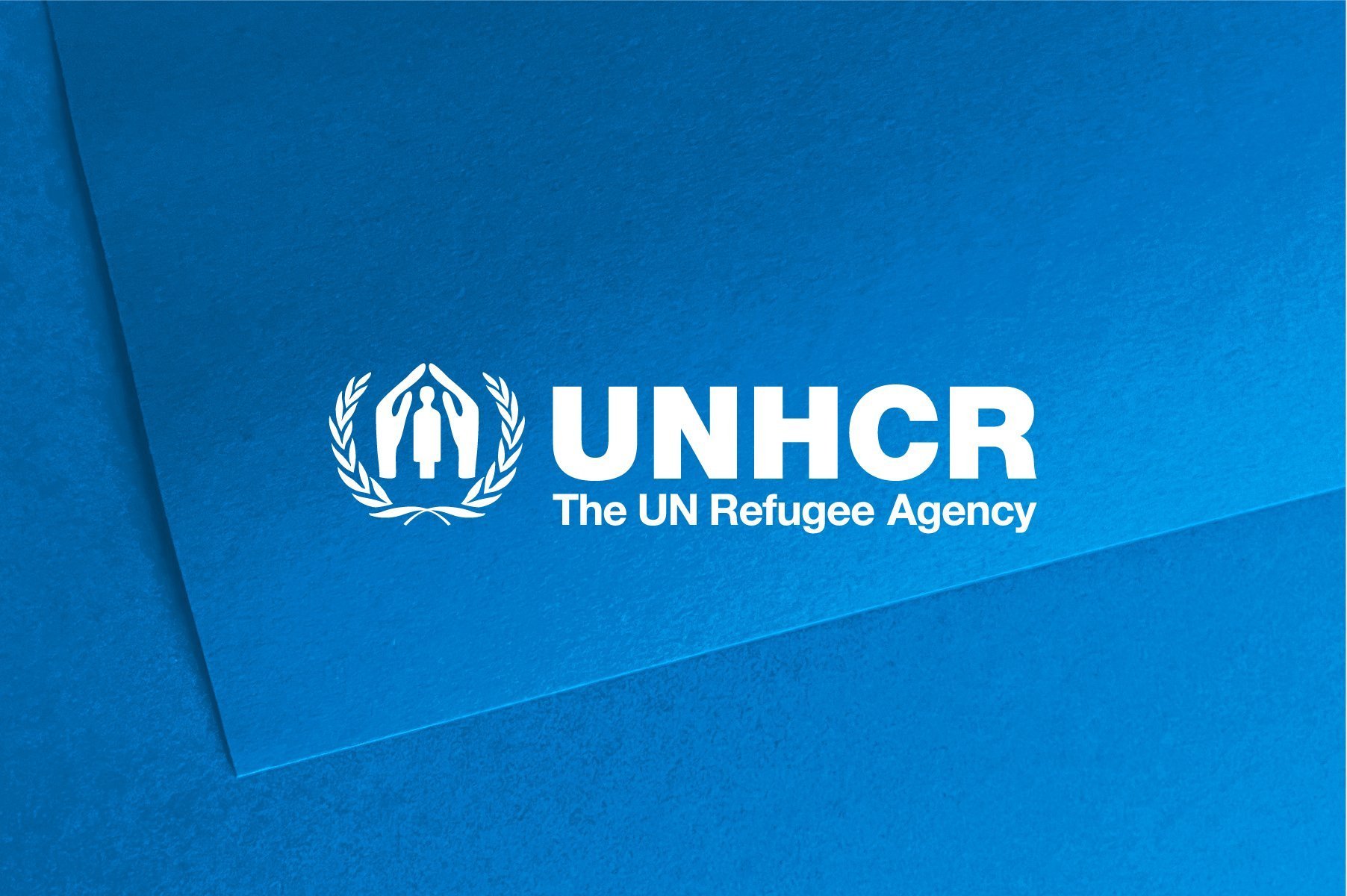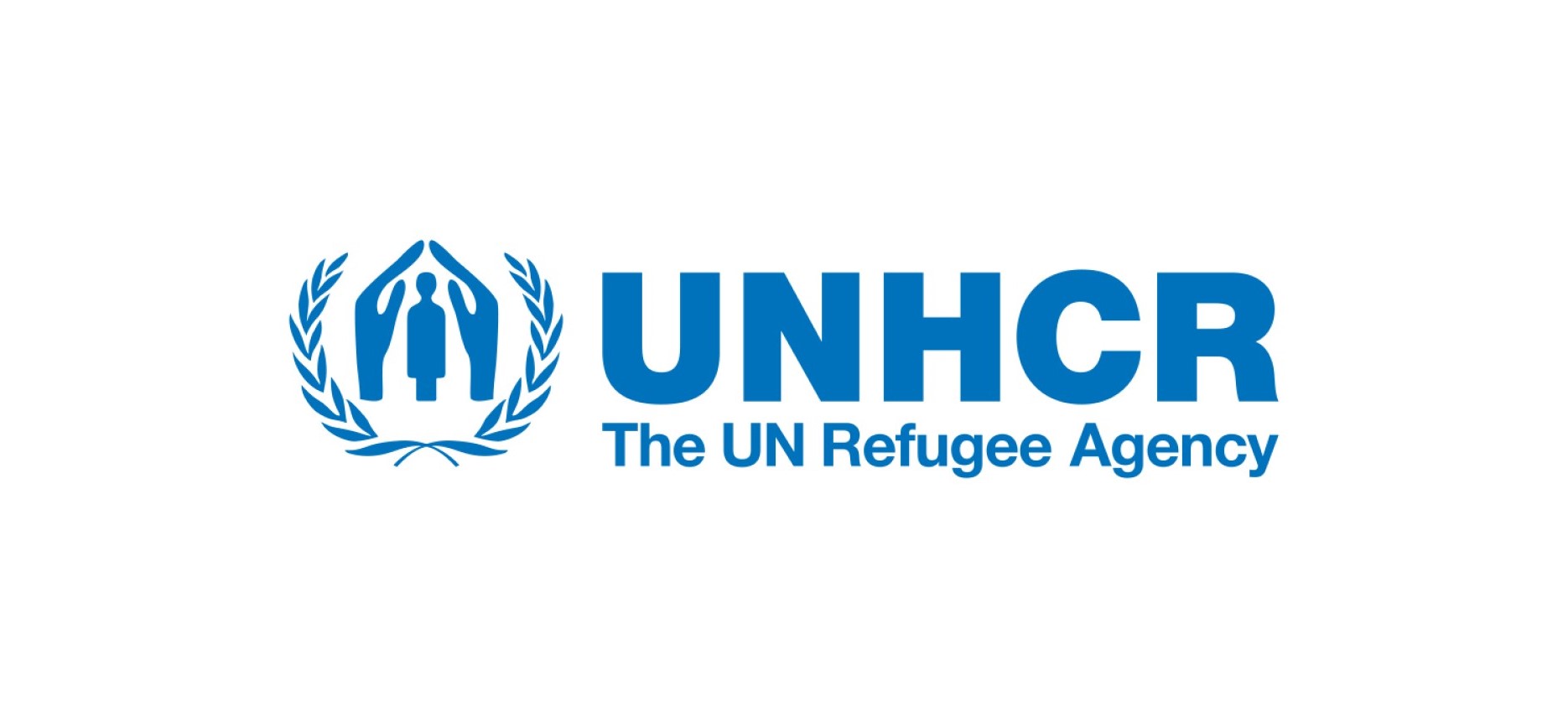UNHCR: some progress, but shortcomings still evident at Manus Island Regional Processing Centre
UNHCR: some progress, but shortcomings still evident at Manus Island Regional Processing Centre
UNHCR today released its second report on the Manus Island Regional Processing Centre in Papua New Guinea, finding that - while there are improvements since its last mission in January, including the transfer of all children and their families to Australia - the current arrangements still do not meet international protection standards for the reception and treatment of asylum-seekers.
In accordance with UNHCR’s mandated role under the 1951 Refugee Convention, a Protection Team assessed the reception conditions at the Regional Processing Centre from 11-13 June, met with asylum-seekers, senior officials from the Governments of Papua New Guinea and Australia, as well as staff of key service providers.
Since its last visit, UNHCR noted a number of improvements, including progress towards establishing a legal framework for processing, and some improvement in the physical settings at the Regional Processing Centre.
It also acknowledged the best endeavors of staff on site to assist those asylum-seekers living at the Regional Processing Centre in very challenging circumstances.
However, UNHCR’s inspection also revealed a number of shortcomings, including that freedom of movement is still extremely limited in what continues to amount to an environment of open-ended, mandatory and, in UNHCR’s view, arbitrary detention.
The present living conditions for asylum-seekers at the temporary Regional Processing Centre are still harsh. Cramped living quarters were observed, while asylum-seekers reported issues with the heat, privacy, hygiene and access to medical services.
The lack of certainty of asylum-seekers’ future and the slow pace of progress to establish effective processing arrangements is contributing to an all-pervasive sense of frustration and despondency which, if left unresolved for a protracted period, is likely to lead to increased levels of psycho-social harm of those affected.
With respect to the legal rights of asylum-seekers, UNHCR observed that, while refugee status determination processing is set to start in the near future, changes to Papua New Guinean law and regulations are required to ensure a fair and efficient process is in place for all asylum-seekers in the country.
UNHCR is of the view that the pre-transfer vulnerability assessments of asylum-seekers should be more comprehensive and take into account the available services on Manus Island. It also remains concerned with the lack of clarity around the availability of durable solutions within a reasonable time for those who are found to be refugees.
Viewed as a whole, UNHCR considered that the physical environment, restricted legal regime, and slow processing mean that the arrangements currently in place still do not meet the required international protection standards, nor the terms of the Memorandum of Understanding agreed between the two Governments in establishing the Regional Processing Centre.




